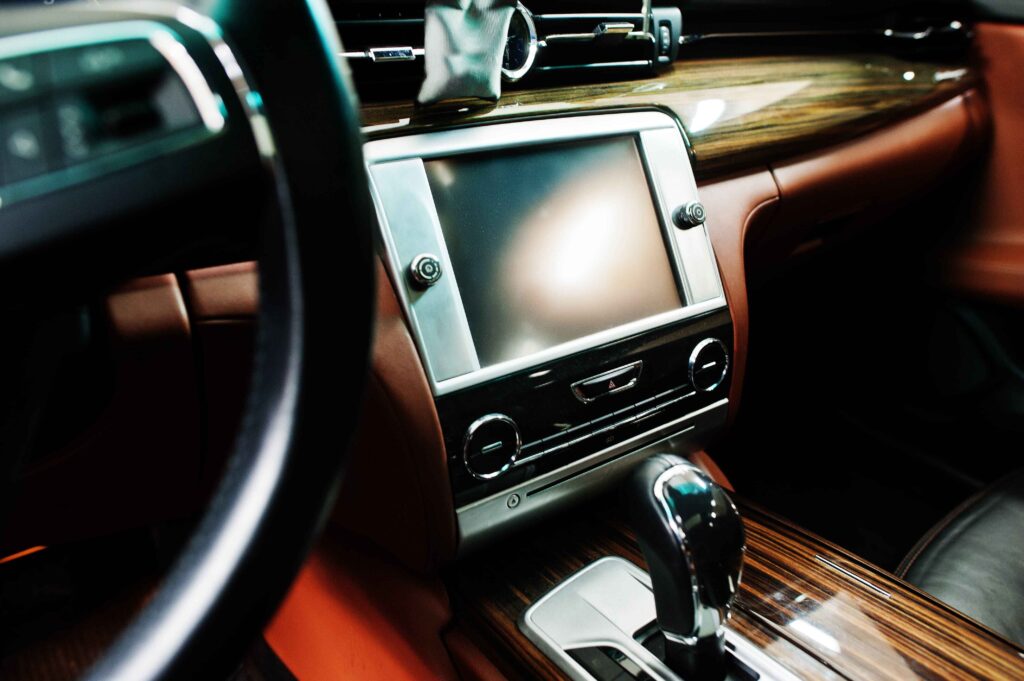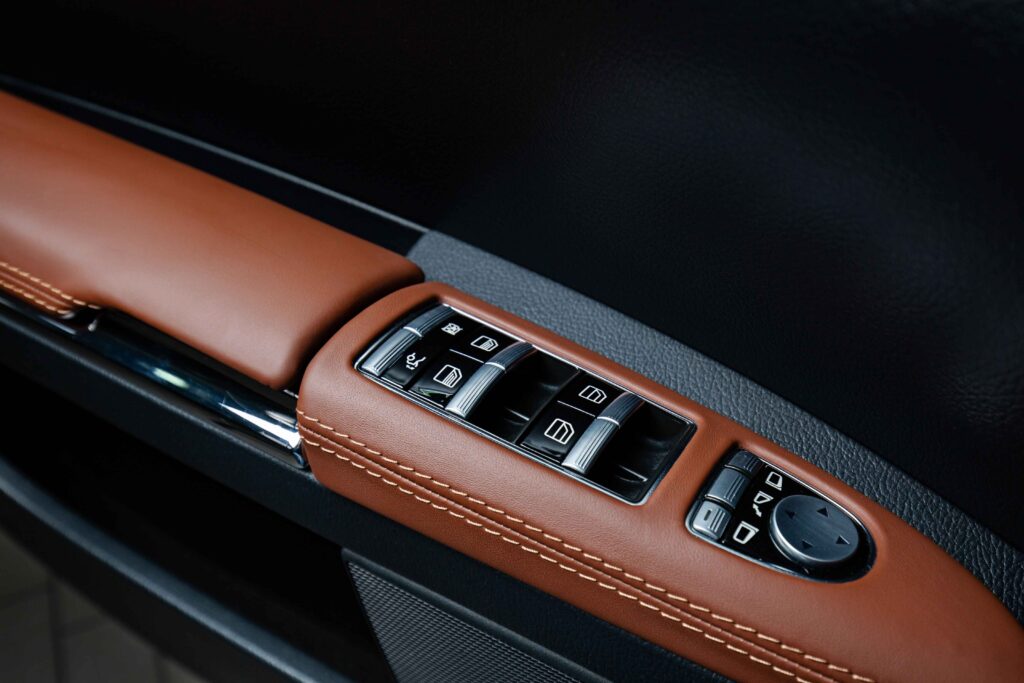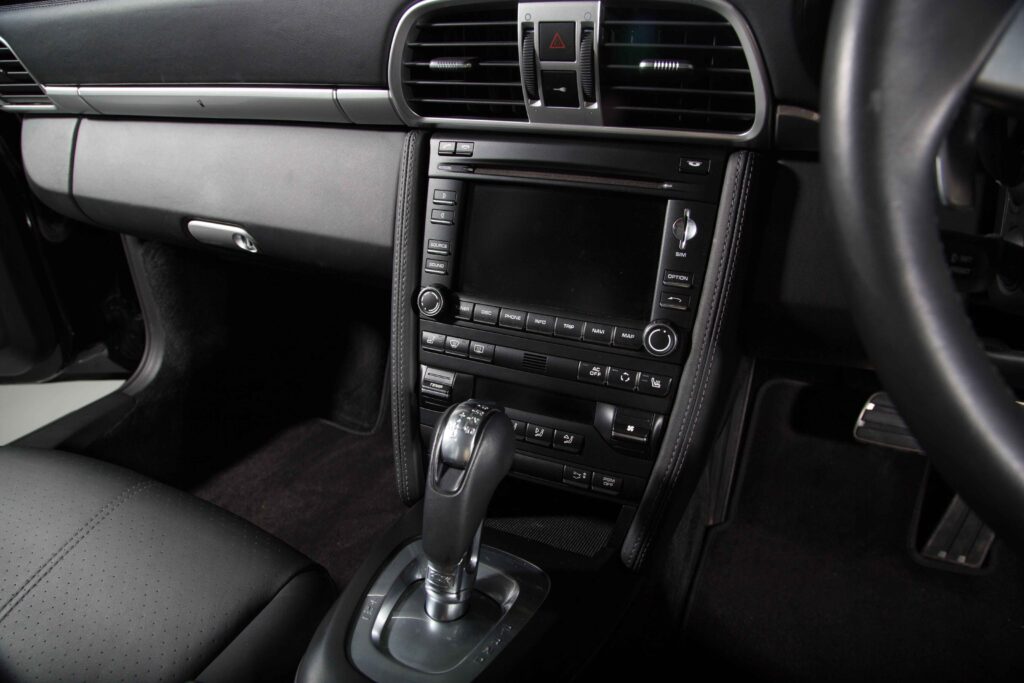Discover the world of BMW accessories – from stylish upgrades to performance enhancements. Learn about the demand, trends, and safety tips for adding accessories to your BMW. Explore how customization enhances your driving experience while maintaining quality and safety standards
Introduction:
When it comes to premium automotive brands, BMW stands out not only for its luxury cars but also for its extensive range of accessories. From stylish rims to cutting-edge tech gadgets, BMW accessories are designed to enhance performance, aesthetics, and overall driving experience. But how many cars have BMW accessories sold in total, and what drives this market?
Understanding BMW Accessories
BMW accessories encompass a wide range of products tailored to both the car and the driver. These include:
- Interior enhancements: Custom floor mats, LED interior lighting, and ergonomic seats.
- Exterior upgrades: Alloy wheels, roof racks, and M Performance body kits.
- Technology add-ons: Advanced navigation systems, rear-seat entertainment, and dash cameras.
- Lifestyle products: Branded apparel, luggage, and bikes.
Each accessory is meticulously designed to align with BMW’s brand promise of premium quality and innovation.
The Demand for BMW Accessories
The sale of BMW accessories is closely tied to the sales of BMW vehicles. According to BMW’s annual reports, a significant percentage of car buyers opt for additional accessories either at the time of purchase or later. This trend is fueled by:
- Customization: Many BMW owners love personalizing their vehicles to reflect their taste and lifestyle.
- Performance upgrades: Accessories like sports suspensions and aerodynamics kits appeal to enthusiasts looking for performance boosts.
- Longevity: Genuine BMW parts and accessories are preferred for maintenance and quality assurance.
How Many BMW Accessories Sold in Total?
BMW does not release specific numbers for accessory sales in isolation. However, industry estimates suggest that the accessories market constitutes billions of dollars annually for BMW Group globally. The success of this sector can be attributed to the company’s loyal customer base and its continuous innovation in automotive technology.
For instance, in 2023, BMW Group reported record sales of over 2.4 million cars worldwide, with a large proportion of these buyers also investing in genuine BMW accessories. The introduction of electric models like the i4 and iX has further boosted demand for related accessories, including charging equipment and sustainable interior materials.
Future Trends in BMW Accessories
Looking ahead, the accessories market for BMW is expected to grow due to several factors:
- Electric Vehicle (EV) expansion: As BMW rolls out more EVs, there will be increased demand for EV-specific accessories.
- Digital integration: Products like app-connected devices and advanced driver-assistance systems will gain traction.
- Sustainability: Eco-friendly accessories made from recycled materials will resonate with environmentally conscious buyers.

Can I Add Accessories to My BMW Car Safely?
Adding accessories to your BMW is an exciting way to personalize your vehicle and enhance its performance, comfort, and aesthetics. However, ensuring that these additions are safe and compatible with your car is essential. Here’s a comprehensive guide to help you safely accessorize your BMW.
Why Add Accessories to Your BMW?
BMW accessories are designed to enhance your car’s functionality and reflect your style. Popular categories include:
- Performance Upgrades: M Performance parts, sport exhausts, or upgraded brakes.
- Interior Enhancements: Custom floor mats, ambient lighting, and wireless charging stations.
- Exterior Modifications: Aerodynamic kits, alloy wheels, and roof racks.
- Tech Add-ons: Navigation systems, rear-seat entertainment, and advanced driver-assistance systems.

How to Add Accessories to Your BMW Safely?
- Use Genuine BMW Accessories
- BMW offers a wide range of accessories specifically designed for its vehicles.
- Genuine parts ensure proper fit, functionality, and adherence to BMW’s quality standards.
- Non-genuine parts might compromise your vehicle’s warranty and safety.
- Consult Your Dealer or Authorized Workshop
- Always check with your BMW dealership or a certified technician before making modifications.
- They can guide you on compatible accessories and ensure professional installation.
- Understand Legal and Warranty Implications
- Some accessories or modifications might violate local traffic laws or regulations.
- Adding unauthorized accessories could void certain aspects of your car’s warranty.
- Check Compatibility
- Not all accessories are universal. Ensure that the chosen accessory is compatible with your specific BMW model and year.
- For example, a roof rack for a BMW X5 might not fit a BMW 3 Series.
- Prioritize Safety
- Accessories like alloy wheels or brakes can affect your car’s performance and safety if not installed correctly.
- Ensure that upgrades like lighting or tech systems don’t interfere with essential vehicle systems.
- Consider Professional Installation
- Some accessories, such as performance upgrades or electrical components, require specialized tools and expertise.
- Professional installation reduces the risk of damage and ensures the accessory works as intended.
- Regular Maintenance
- After installation, inspect the accessory periodically to ensure it remains secure and functional.
- For instance, roof racks should be checked for stability, especially after long trips.
Popular Accessories That Are Safe to Add
- Interior Add-ons: Customized floor mats, seat covers, and organizers.
- Exterior Styling: Genuine BMW alloy wheels and body kits.
- Technology: Dashcams, wireless chargers, and updated infotainment systems.
- Utility Upgrades: Roof boxes, bike racks, and tow bars.
Accessories to Avoid
- Non-genuine performance parts or accessories from unverified sources.
- Modifications that significantly alter the car’s structure or safety systems, like airbags.
- Cheap electronics that can interfere with your car’s onboard computer.




Pingback: Top Wholesale Gym Equipment & Fitness Accessories to Meet Demand - infoaccessories